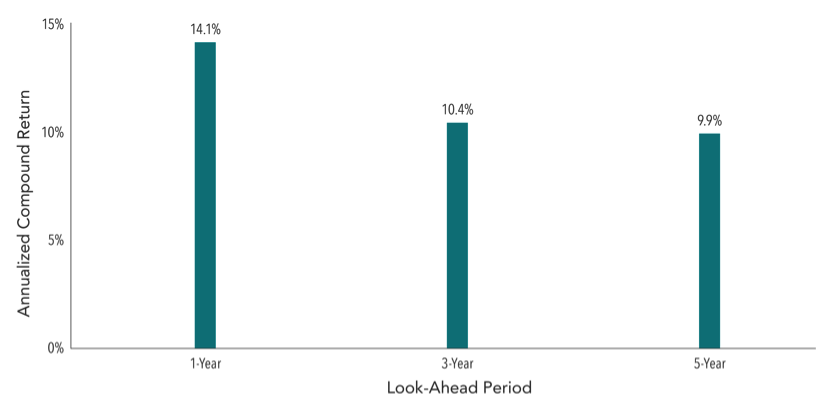For those who are passionate about investing, certain books become the foundation of their financial education. One such classic is “Security Analysis,” written by Benjamin Graham and David Dodd. While this tome is often considered a dense read, it contains a golden nugget of wisdom that can be simplified for everyone: the concept of “buying dollars at a discount.” Let’s delve into what this means and how it can shape our retirement investment strategies.
What Does “Buying Dollars at a Discount” Mean?
Imagine you’re at a store and find an item on sale for $0.80 when it’s usually worth $1.00. That sounds like a good deal, right? Similarly, in the investment world, “buying dollars at a discount” refers to purchasing an investment for less than its intrinsic value. Essentially, it’s about recognizing the real value of an asset and buying it when it’s priced lower than that value.
The Principle Behind It
Benjamin Graham, often referred to as the “father of value investing,” believed that the stock market often misprices stocks. This can be due to various reasons – emotional decisions of traders, short-term news affecting a company, or broader economic conditions. However, a discerning investor can analyze the fundamentals of a company and identify its actual worth. By purchasing stocks when they are undervalued (or at a discount), you position yourself for potential profits when the market corrects itself and recognizes the stock’s true value.
How Can This Help Retirees?
As a retiree, the security of your savings becomes paramount. The principle of “buying dollars at a discount” can be particularly beneficial for a few reasons:
- Safety Margin: By purchasing an investment at a discount, you’re essentially giving yourself a safety net. If the market’s valuation of the investment drops even further, you have a buffer since you didn’t buy it at its peak.
- Potential for Growth: Over time, as the market realizes the true value of the undervalued investment, there’s a potential for the investment to grow in value.
- Long-Term Focus: Value investing, at its core, is about taking a long-term view. It’s a reminder for retirees that while markets fluctuate in the short term, sound investments typically bear fruit in the long run.
Making it Practical
- Research and Analysis: Not every discounted stock is a good buy. It’s essential to understand why the stock is discounted in the first place. Is it a temporary market reaction, or are there fundamental issues with the company?
- Diversification: Don’t put all your eggs in one basket. Even with the most thorough research, some investments might not pan out. By diversifying, you reduce the risk associated with any single investment.
- Seek Guidance: Your financial advisor can help you navigate the complexities of the market. Together, you can identify opportunities where you might be able to “buy dollars at a discount.”
In conclusion, while “Security Analysis” is a dense book filled with financial nuances, its core principle of recognizing and capitalizing on market mispricings remains timeless. This concept is a gentle reminder for retirees that smart, informed investing can lead to securing your financial future. Remember, in the world of investing, sometimes the best opportunities are hidden in plain sight. It just takes a discerning eye to find them.






